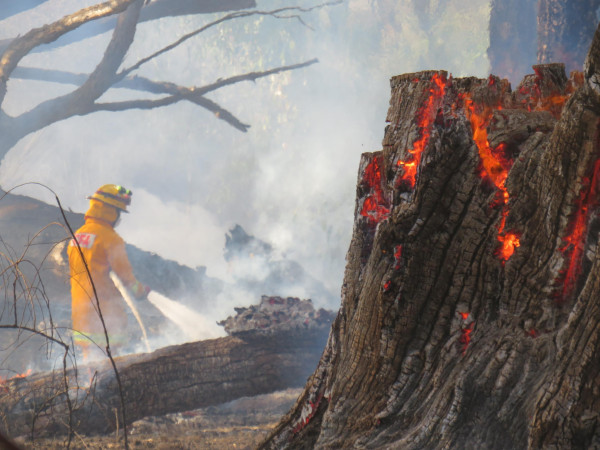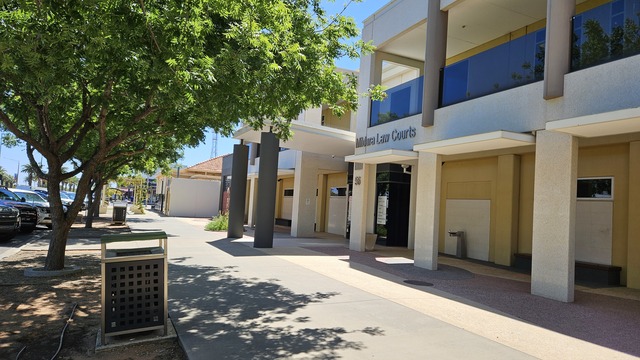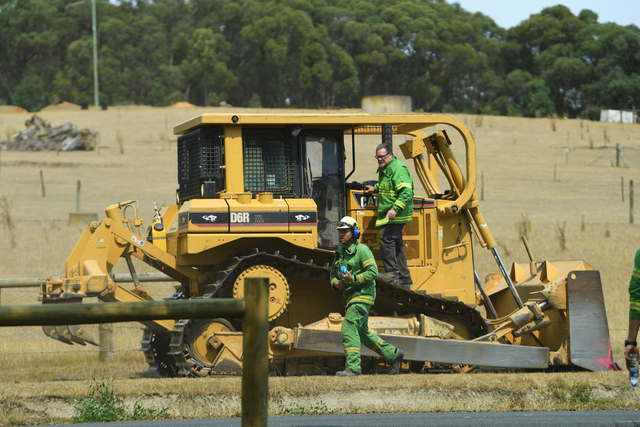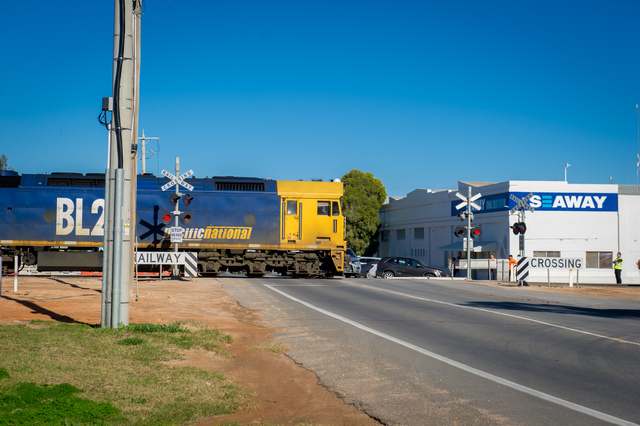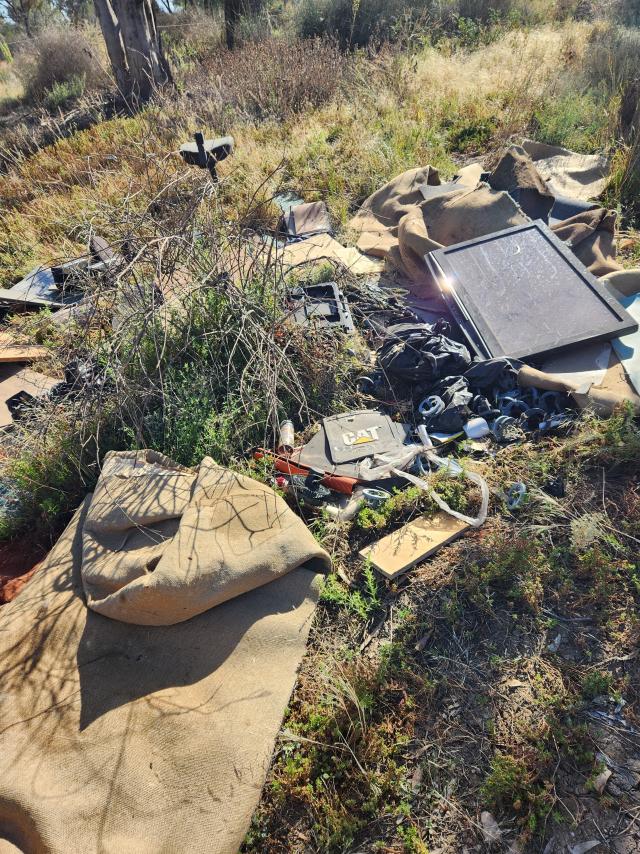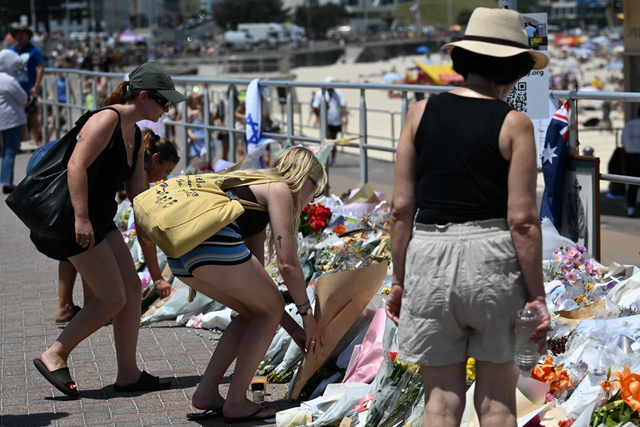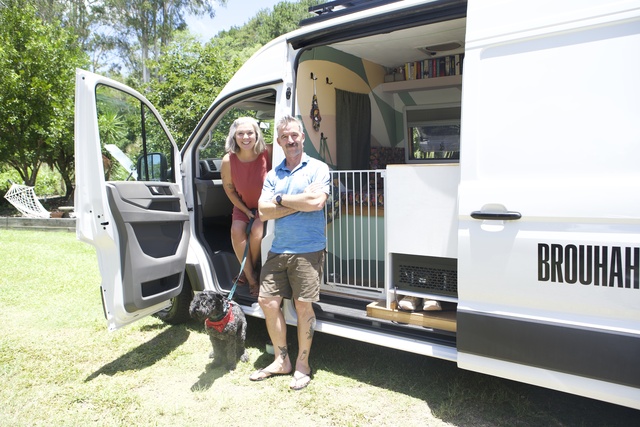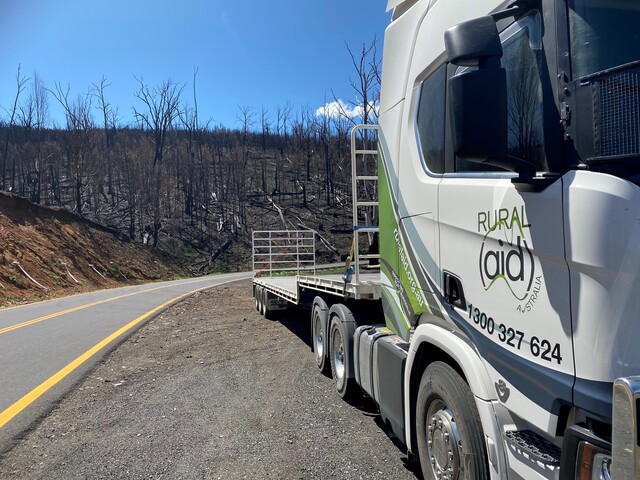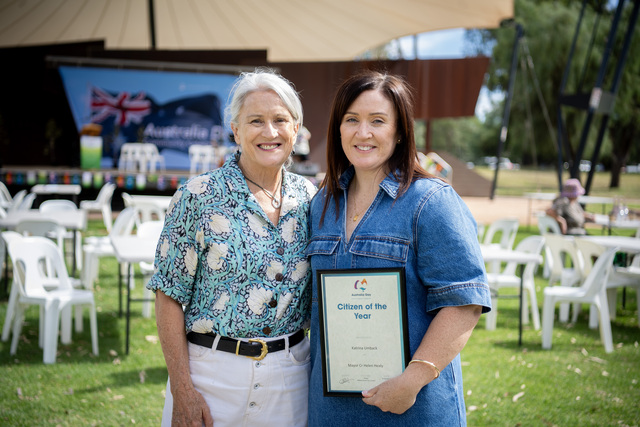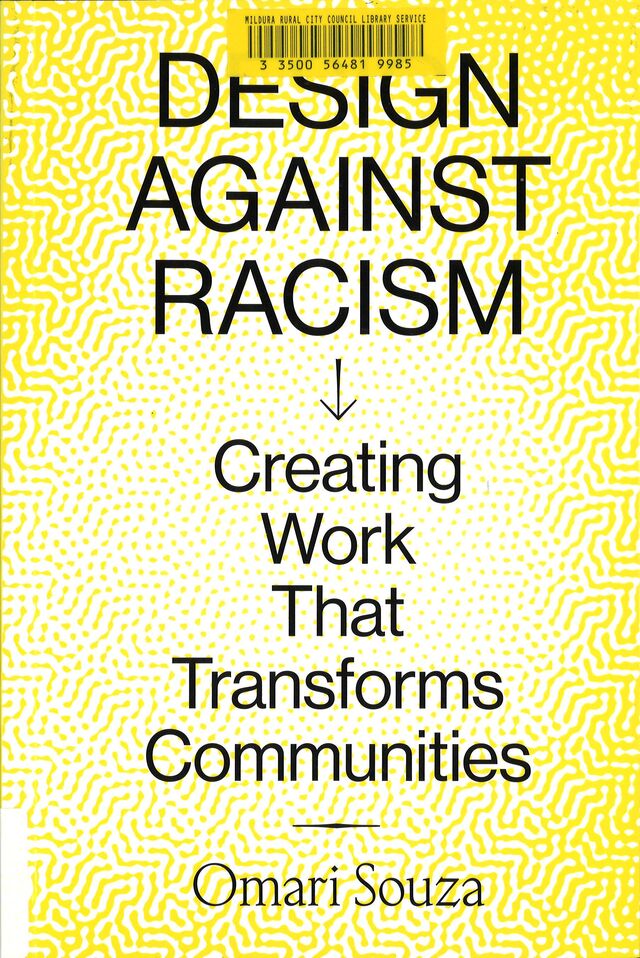IT’S reassuring for Australians to know that firefighters have our backs.
While more than 300 homes and four lives have been lost to devastating fires across NSW and Queensland, it’s frightening to consider just how much worse it would have been without the bravery, determination and skill of our firefighters.
On television coverage of the bushfires this week, every day Australians told stories of how firefighters had saved their homes, livestock or property.
“Thank God for the firies,” one woman said while wiping away tears and looking over her undamaged home.
This week, Mallee firefighters joined their colleagues up north to assist firefighting efforts.
It’s the second taskforce from the Loddon-Mallee region that has been deployed to NSW in the past fortnight to provide immediate respite for crews that have already been fighting fires for weeks.
But while these brave men and women do their fellow Aussies a service, we do have to question whether our country’s leaders have our backs during times of crisis.
Donald Trump always says it’s not the time to talk firearms control after a shooting tragedy in America. And then he doesn’t talk about it at all until another one happens. So do we follow his sweep-the-issue-under-the-carpet lead on this?
Take the drought, which has been gripping large parts of Australia for some time, but only now seems to have really captured the attention of governments.
Farmers in places like the Millewa have been out of sight and out of mind, their voices unheard for too long by leaders who were supposed to have their backs.
Drought relief packages have since been announced, but for many considering walking off the land, any help may come too late. Let’s hope not.
And the response to the bushfire crisis this week has been just as worrying.
The best political leaders use disaster to bring a nation together.
But our pollies in Canberra are instead bickering and, at worst, trying to score cheap political points.
The Greens and Federal Government are divided in parliament over whether this is the right time to talk about climate change.
The Coalition insists it is not the time. And they are all singing from the same song sheet on the issue.
“Now is not the time to be debating policy,” deputy Nationals leader Bridget McKenzie said.
Member for Mallee Anne Webster agreed.
“There is an appropriate time to talk about climate change policy, but we should not be making that the issue right now. It’s just inappropriate,” Dr Webster said.
But if now is not the time, then when?
It’s not even December, but lives have already been lost and there have been more than 70 active blazes this season. And firefighters who have been on the front line for decades describe how the intensity of the blazes continues to increase.
Do we wait until January to have the discussion? Or is it more polite to wait until next winter?
Donald Trump always says it’s not the time to talk firearms control after a shooting tragedy in America. And then he doesn’t talk about it at all until another one happens. So do we follow his sweep-the-issue-under-the-carpet lead on this?
Letters have been signed by fire chiefs, local mayors have gone on the record and declared an emergency. But state and federal lawmakers are not just stalling debate but — in the case of the Nationals and the Greens — they’re actually slinging insults and accusations at each other.
A starting point for our political leaders could be to listen to the men and women on the ground and begin to work together.
The words of one firefighter, who has has been helping his fellow Australians for more than 40 years, struck a chord with me this week.
“I have seen fires becoming slowly more intense with ever-increasing risks to community and firefighters,” he said.
“While we always had big fires, the fires we see today are vastly more dangerous to the point that I am very cautious as to who I send into a fire and exactly what I ask them to do.
“Because in 2019, unlike in 1979, I can no longer say, ‘She’ll be right mate’.”
Our leaders should listen to him.
And then maybe start talking.

